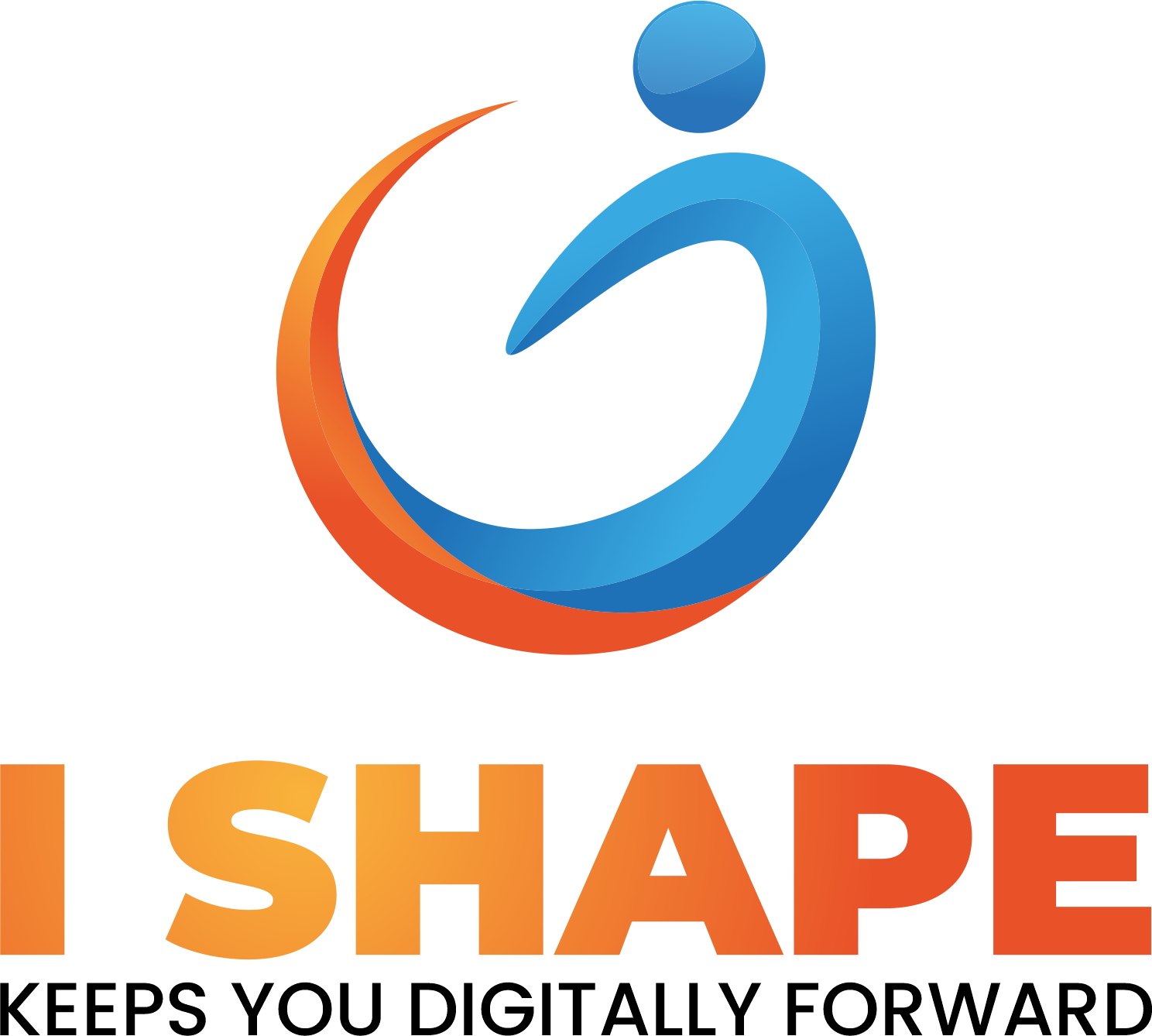
Cross-Platform Development
Developing apps for multiple platforms can be time-consuming and expensive. At I Shape Technologies, we streamline the process with cross-platform development. We create high-performance apps that run smoothly on iOS, Android, and the web using a single codebase.
What Is Cross-Platform Development?
Cross-platform development allows businesses to build one app that works across multiple operating systems. This reduces costs, speeds up development, and ensures a consistent user experience.
Our Cross-Platform Development Services
- Custom Mobile App Development – We build feature-rich apps for iOS and Android.
- Progressive Web Apps (PWAs) – We create web-based apps that function like native applications.
- UI/UX Optimization – We design interfaces that offer a seamless experience on all devices.
- API & Backend Integration – We connect your app with databases, third-party services, and cloud solutions.
- App Testing & Performance Optimization – We ensure smooth functionality, fast load times, and minimal bugs.
Why Choose Cross-Platform Development?
- Faster Time to Market – Develop once, deploy everywhere.
- Cost-Effective Solution – Save resources by avoiding separate native apps.
- Consistent User Experience – Provide a uniform interface across platforms.
- Easier Maintenance & Updates – Manage one codebase instead of multiple versions.
Our Development Process
- Requirement Analysis – We understand your goals and target audience.
- UI/UX Design – We craft engaging and responsive interfaces.
- Development & Testing – We build and test for optimal performance.
- Deployment & Support – We launch your app and provide ongoing maintenance.

Build Smarter with Cross-Platform Development
Expand your reach without increasing costs. Contact I Shape Technologies today to create a powerful app that works everywhere.


